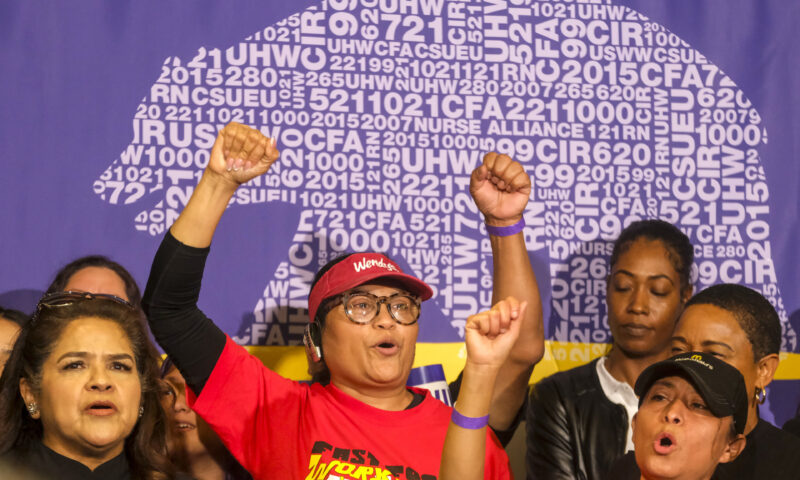

Researchers refute fast food industry’s apocalyptic predictions about raising the minimum wage.
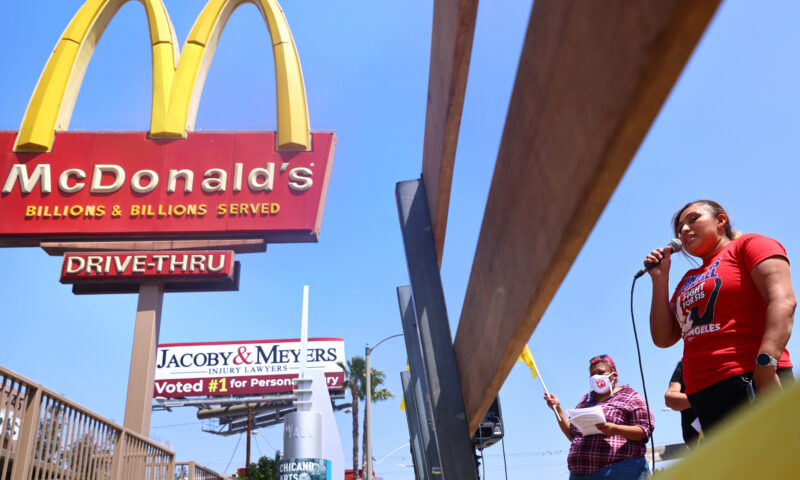
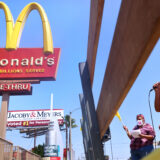
A state bill is poised to improve pay and conditions for more than 550,000 California workers. But is Gov. Newsom lovin’ it?
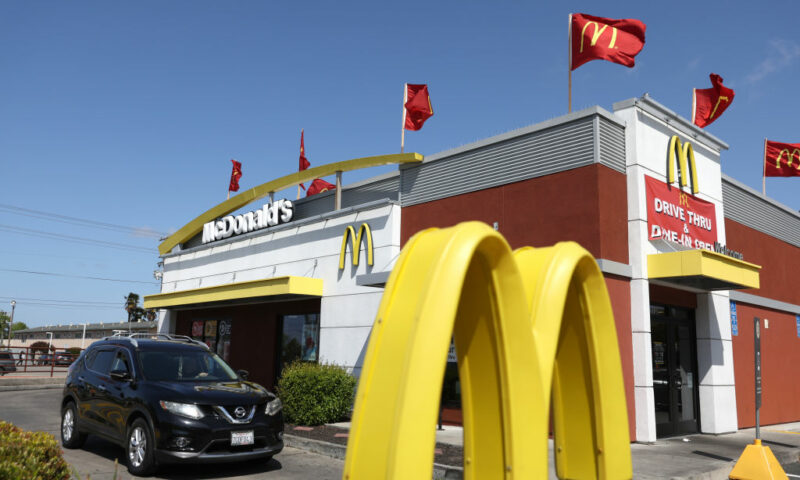
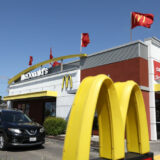
Franchises are increasingly hiring teens but may be doing so at the expense of their health and safety.
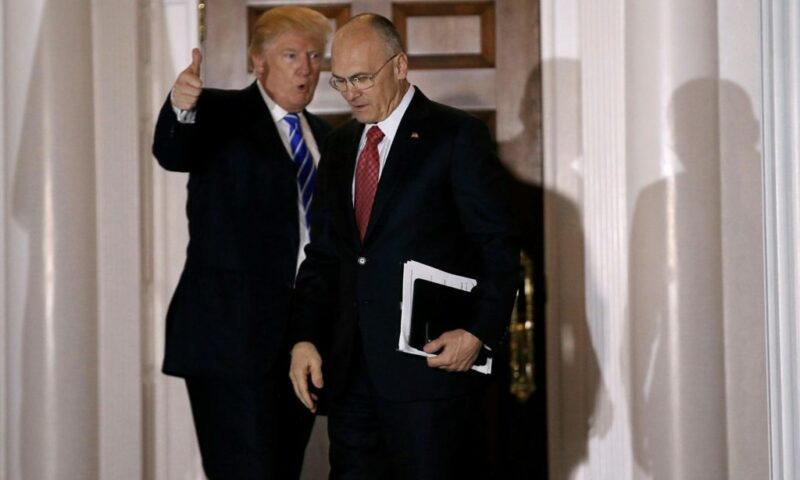

Andrew Puzder, whose nomination by President Donald Trump to head the Department of Labor ignited heated controversy even against a field crowded with contentious cabinet picks, withdrew his name from consideration Wednesday afternoon.
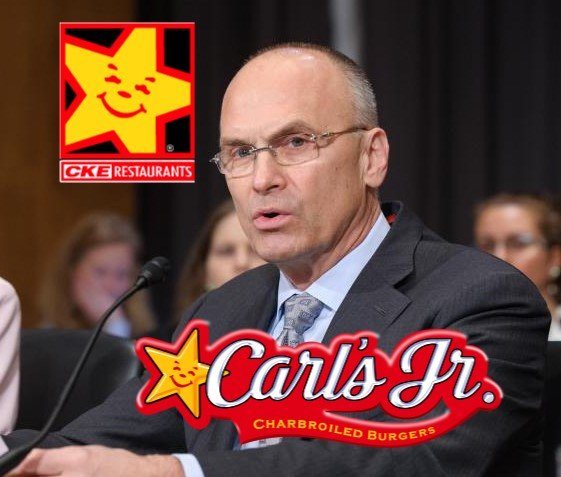

Over the past few weeks, Capital & Main has interviewed half a dozen current and former managers at CKE, the company run by labor secretary nominee Andrew Puzder. We asked them about their experiences working with Puzder and inside the company he oversaw. Here are some excerpts from our interviews.
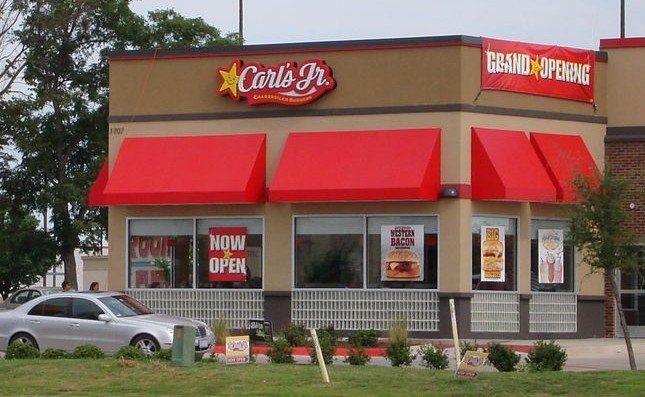

During a six-week investigation of President Trump’s nominee for Secretary of Labor, Andrew Puzder, Capital & Main has found a widespread pattern of alleged employee abuse at CKE Restaurants, of which Puzder has been CEO since 2000.
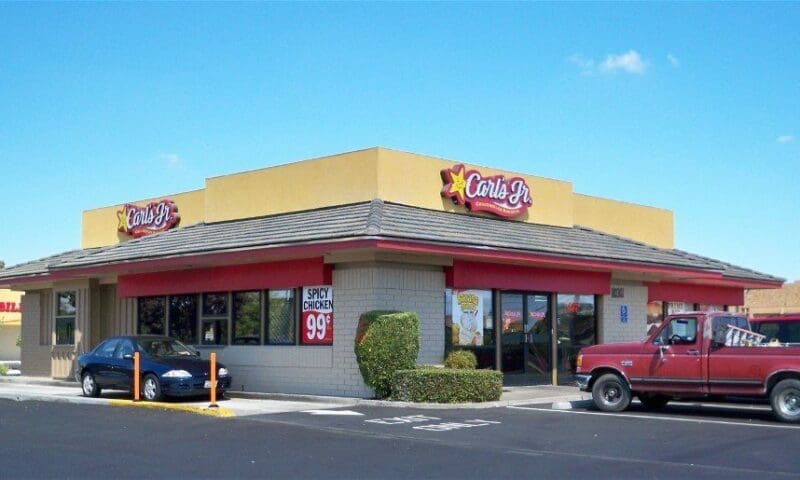
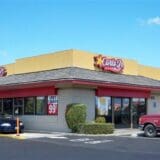
Co-published by The American Prospect
When Andrew Puzder faces Senate hearings next week on his nomination as labor secretary, much of the questioning will focus on his management of CKE Restaurants, the Carpinteria-based franchiser of the national Hardee’s, Carl’s Jr., Green Burrito and Red Burrito fast-food chains.


Co-published by Fast Company
Andrew Puzder, who is President Trump’s nominee for labor secretary, has called his workers the “best of the worst” of the American workforce, and once noted of his store managers, that “you’re lucky if they have a high school diploma.”


Co-published by International Business Times
Torrance Chambers has been calling Andy Puzder for weeks. The Hardee’s restaurant employee says his store issues paychecks only in the form of a prepaid Visa debit card, and that it comes with fees.
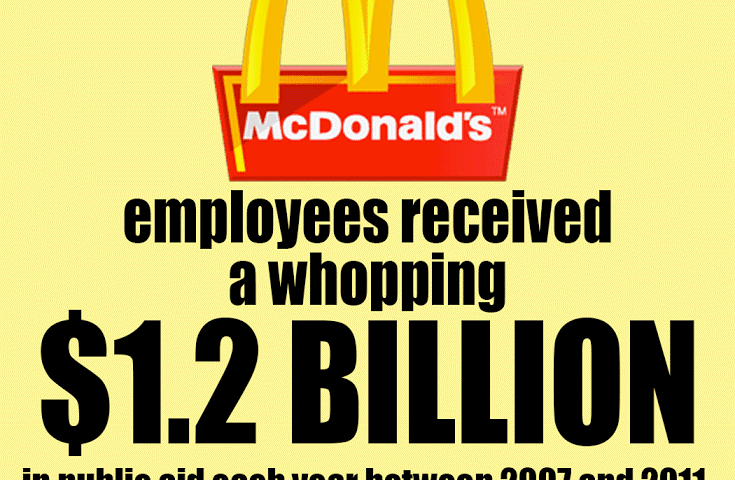
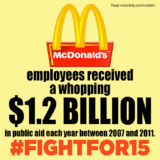
On Tuesday, November 10, Los Angeles and Long Beach will join the National Day of Action built around #FightFor15. Its message, which has been spreading since last April’s Tax Day demonstrations, will be announced loud and clear in 270 cities: Fast-food and other low-income workers in America deserve a break today – a national $15 hourly wage and the ability to organize into unions.
That is why fast-food workers will be walking off their jobs in a nationwide strike tomorrow. To learn what other actions are taking place across California, please check out Fight For 15’s website and its Facebook page.
In case you may think that comparatively few workers actually earn the minimum wage or would directly benefit from the proposed wage boost, consider this: According to a study from the National Employment Law Project, 42 percent of Americans earn less than $15 an hour.
» Read more about: Fight for $15: A Big Movement Gets Bigger Tuesday »
About one thousand Angelenos marched and rallied for a $15 minimum wage near downtown Los Angeles Wednesday. While several protests occurred at fast-food outlets and other locations across the city early in the morning, the main event began shortly before lunchtime, when demonstrators gathered at a McDonald’s located on Figueroa and 28th streets, and then marched to the Tommy Trojan statue on the University of Southern California campus.
Part of a nationwide Tax Day protest, L.A.’s Fight for $15 marchers included Walmart workers, members of California’s In-Home Health Supportive Services and part-time instructors from USC. One university activist named Maria told Capital & Main that she was a first-generation college student from a working class family. She claimed that USC is pitting the needs of students against raising the incomes and working conditions of part-time academic employees.
“Some faculty are not making ends meet —
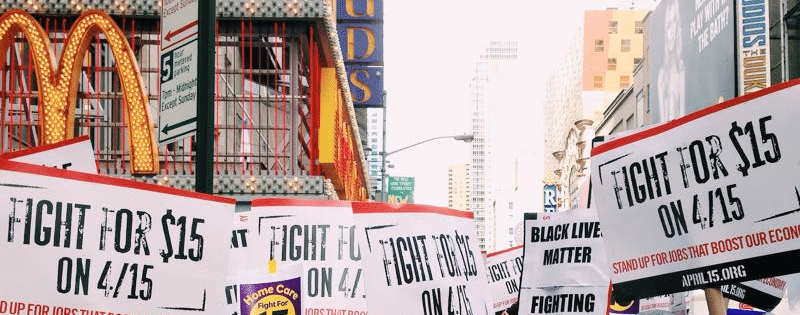
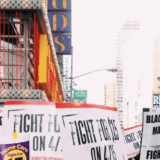
As President Obama’s efforts to nudge the U.S. minimum wage from $7.25 to $10.10 an hour continue to be rebuffed by a Republican Congress, a national coalition of low-wage fast-food and retail workers will be taking their demands for a doubling of the current wage to the streets on Wednesday, in what they promise will be “the largest low-wage worker strike in history.”
Kendall Fells, the organizing director for the Fight for $15 campaign, said the April 15, 200-city walkout will also include actions on about 170 college campuses around the country and abroad.
Wednesday’s one-day strike is part of a three-year campaign spearheaded by the Service Employees International Union and the AFL-CIO to build public support for raising the pay for fast-food and other low-wage workers, a boost that would lift about 12 million Americans above the federal poverty line of $23,850 a year for a family of four.
» Read more about: Minimum Wage Protests Planned for April 15 »

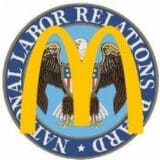
The charges against several McDonald’s franchises were as familiar as items on a Happy Meals menu: “illegally firing, threatening or otherwise penalizing workers for their pro-labor activities,” to quote the New York Times. What was novel about them was the news, first reported Tuesday by Associated Press, that the National Labor Relations Board’s general counsel had found that the fast-food giant is responsible for these crimes when they are committed by the chain’s individual franchise owners. (Of 181 cases that came before the NLRB, 43 were found to have merit, 64 are still pending investigation and the rest were dismissed.)
This is big – very big. If there is any doubt, look no further than the Wall Street Journal’s headline for the story: McDonald’s Ruling Sets Ominous Tone for Franchisers. The reason for this “ominous” forecast is the knowledge that the NLRB’s findings could establish the principle that the corporation and the chain’s franchise owners are “joint employers,” sharing equal responsibility for their employees’ welfare – and equal blame when workers’ rights are trampled on.
» Read more about: NLRB: McDonald’s Is Responsible for Franchises’ Behavior »
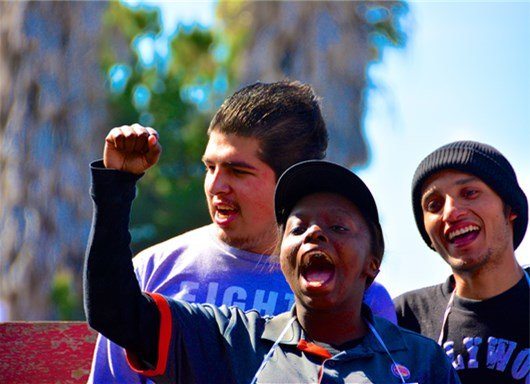

Samuel Quintero has a great responsibility. He is the sole source of income for his mother and younger brother, and has to take desperate measures just to provide what Quintero calls “the bare necessities.”
He adds: “I’ve actually had to rent out my bedroom and other rooms in my house just to get by, and I’m applying for food stamps.”
Quintero has been working at McDonald’s for one year and like many of the company’s employees, says his $8 hourly wage just isn’t enough.
“Sometimes I get the check and I literally don’t even see a dollar from it,” Quintero says. “It goes to the bills or the rent. I see everybody that’s working with me. They’re young and they’re like, ‘Well, we went out and did this or did that,’ and I’m like, ‘I have to support my mom and my little brother.’”
Quintero isn’t alone.
» Read more about: L.A. Fast Food Workers: Hold the Harassment, Supersize the Respect »


Thursday’s one-day strike by fast-food workers may have received relatively little media coverage, but the doubling of strike sites to 100 cities over the previous nationwide actions showed the movement for higher wages and union recognition is growing.
The largest actions were held in New York City and Chicago, where, according to the Guardian UK, “hundreds of protesters gathered outside a McDonald’s at 6:15 a.m. as a large ‘Christmas Grinch’ ambled about in freezing temperatures.”
According to the Seattle Times, about 150 demonstrators rallied at City Hall following an all-day march in icy weather from neighboring SeaTac. In Los Angeles, rallies were held at dawn in South Los Angeles at a Manchester Boulevard McDonald’s, as well as a Sunset Boulevard McDonald’s in Silver Lake, at noon. The movement for fast-food employee rights has the twin goals of raising starting salaries to $15 an hour (at present they typically begin at $7.25) and to win the right to organize workers into unions.
» Read more about: Fast-Food Workers Movement Pushes Ahead »
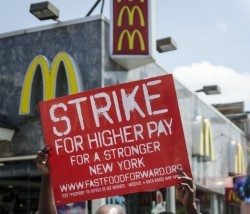
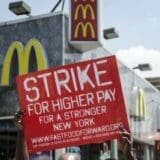
Following on the heels of last week’s Black Friday protests at Walmart stores, American fast-food workers plan one-day strikes in 100 cities Thursday. The figure represents a doubling of last year’s actions.
In addition, according to the New York Times’ Steven Greenhouse, demonstrations are planned for another 100 cities. On Sunday Greenhouse wrote:
The movement, which includes the groups Fast Food Forward and Fight for 15, is part of a growing union-backed effort by low-paid workers — including many Walmart workers and workers for federal contractors — that seeks to focus attention on what the groups say are inadequate wages.
The fast-food effort is backed by the Service Employees International Union and is also demanding that restaurants allow workers to unionize without the threat of retaliation.
Much of the fast-food strikes’ focus will be on pushing state minimum wages to $15 per hour.
» Read more about: Workers to Super-Size Fast-Food Strikes Thursday »
On the face of it, a report that Walmart has yet to cough up the $7,000 fine it owes the government over an infamous 2008 Black Friday tragedy should be shocking. In fact, Walmart is not simply behind in its payment, it is actively fighting the fine. The incident in question took place when Jdimytai Damour, a store employee at a Long Island Walmart, died during a shopper stampede – a literal “doorbuster” – during which hundreds of people poured through the store’s unhinged glass doors before the dawn of the morning after Thanksgiving.
“Should be shocking,” because somehow we’ve become so used to hearing about the retail giant’s outlandish and dangerous obsession with profits that such news doesn’t surprise many people. Writing in the Huffington Post, Dave Jamieson noted:
For a company with sales of $466 billion last fiscal year, the $7,000 fine from the Occupational Safety and Health Administration represents little more than a single store’s rounding error.

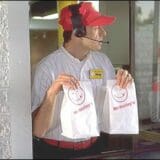
As classical music piped through the audio system at the McDonald’s in downtown Seattle on a recent day, customers devoured hamburgers while sitting in maroon-colored seats and at tables bathed in warm colors.
Customers lined up at registers, exchanging cash and credit cards for an assortment of hamburgers, fries and drinks.
These days, many fast-food employees at large restaurants are hoping that more than just hamburgers, tacos, fried chicken and sandwiches will be exchanged across restaurant counters.
They are hoping that higher hourly wages will come their way so they won’t have to apply for nearly $7 billion in U.S. taxpayer assistance each year to offset what they say are wages too low to support themselves and their families.
See infographic, below right, in Just the Facts.
Researchers at the University of California at Berkeley announced last week that the median national wage for front-line fast-food workers is $8.69 per hour and that the $7 billion in taxpayer support amounts to a subsidy for a $200 billion industry.

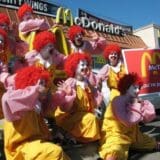
A spirited group of community, religious and labor activists gathered outside a Western Avenue McDonald’s today to connect their efforts to raise fast-food workers’ earnings with a new study disclosing how dependent such low-income employees are on public assistance.
Among the facts of low-income life that were dug up by the University of California, Berkeley Labor Center report:
“We’ve seen McDonald’s clown the workers and we’ve seen Ronald McDonald – did you like that?” the Reverend Lewis Logan asked at the top of the rally.
» Read more about: McDonald’s Rally Echoes UC Berkeley Fast-Food Study »
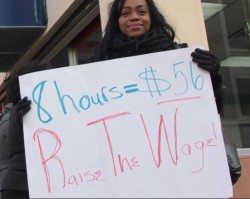
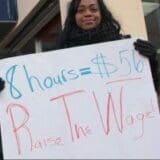
A new study released today by the University of California, Berkeley Labor Center estimates that taxpayers contribute around $7 billion annually to provide basic social service benefits and health care to families of America’s expanding ranks of low-wage fast-food workers. The study, Fast Food, Poverty Wages: The Public Cost of Low-Wage Jobs in the Fast-Food Industry, also found that:
» Read more about: Report: Fast-Food Workers Have One Foot in Poverty »